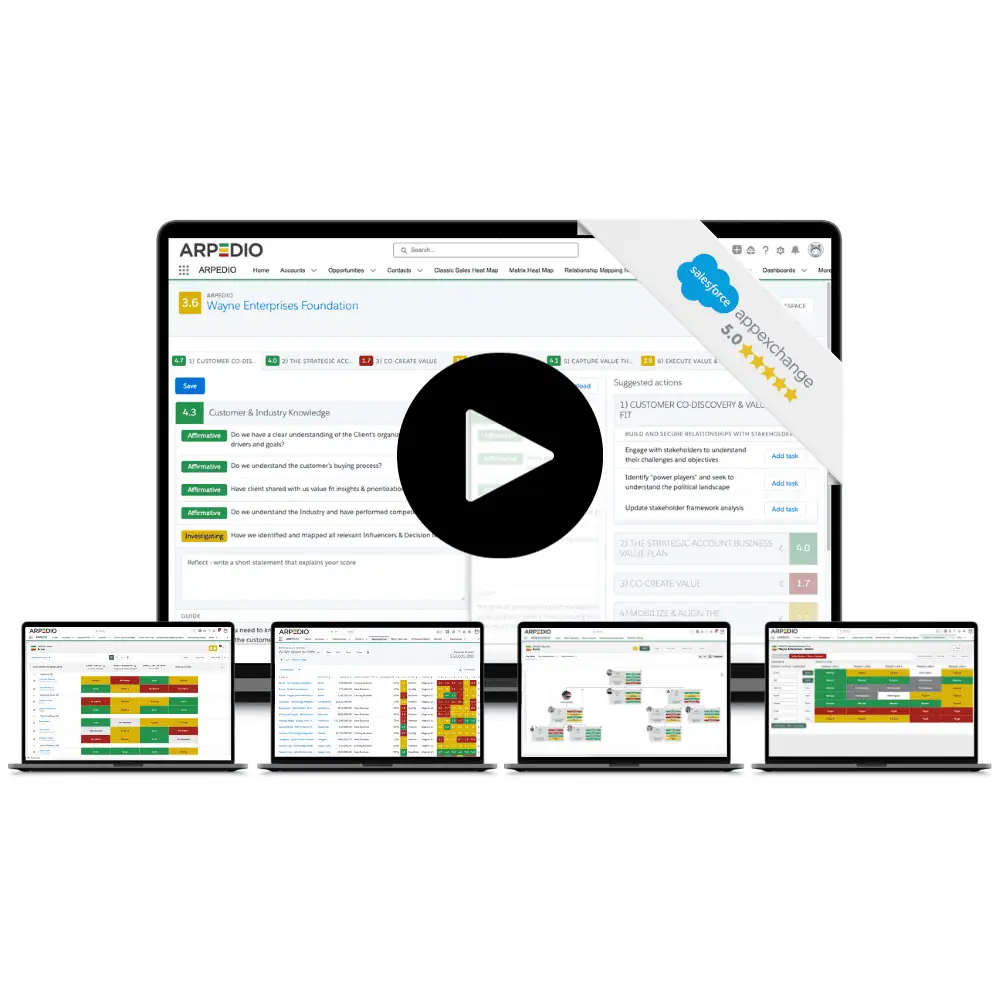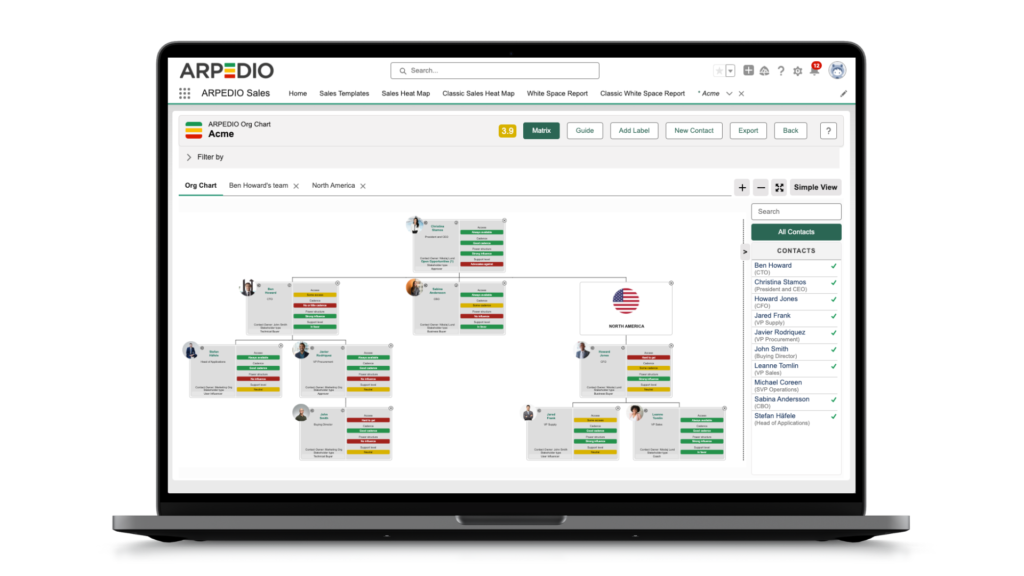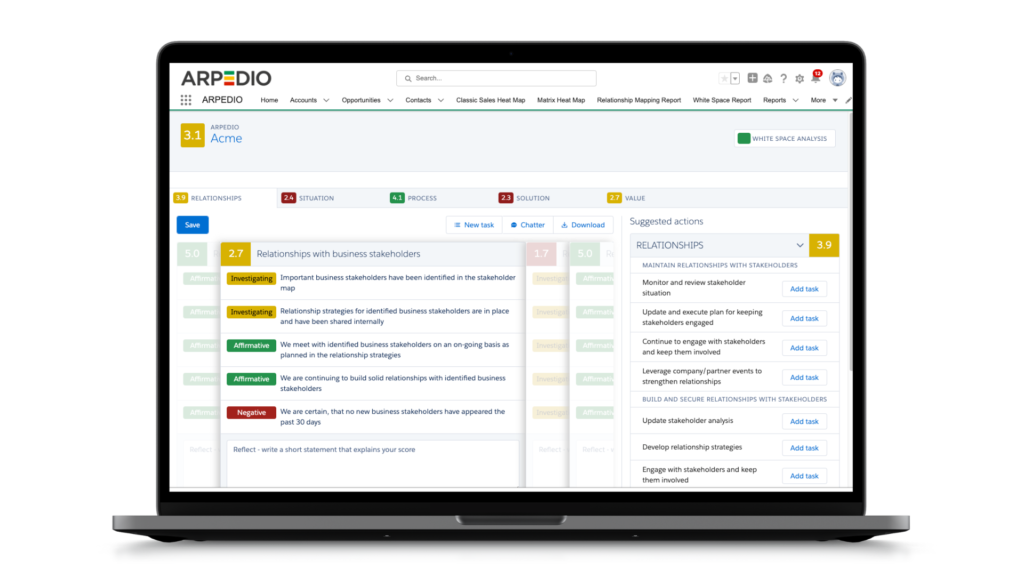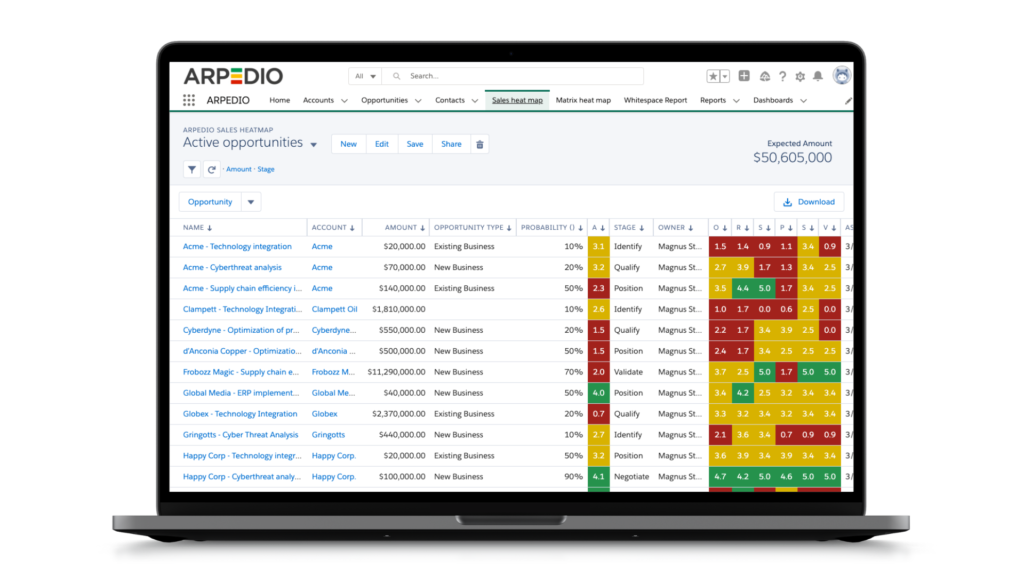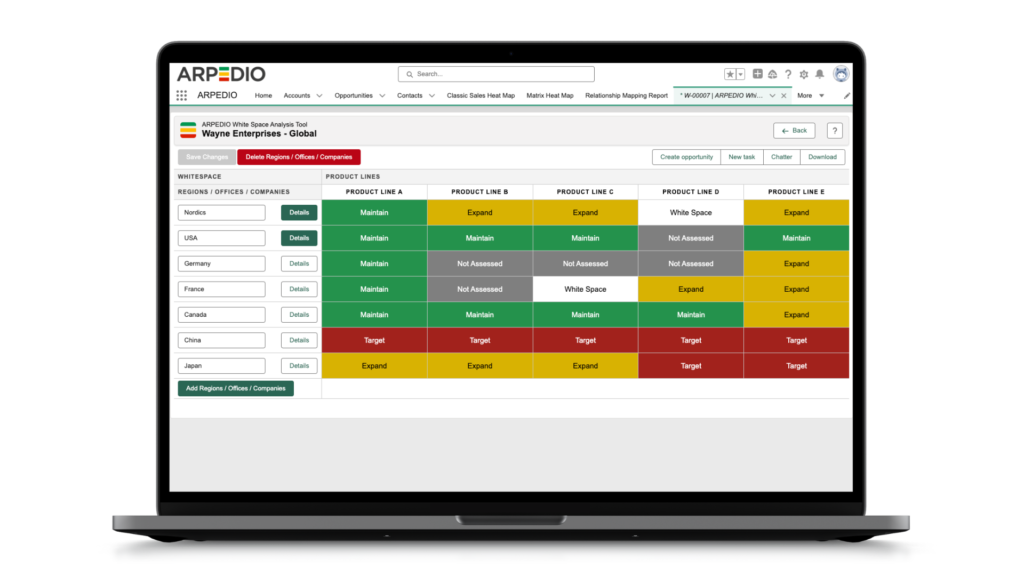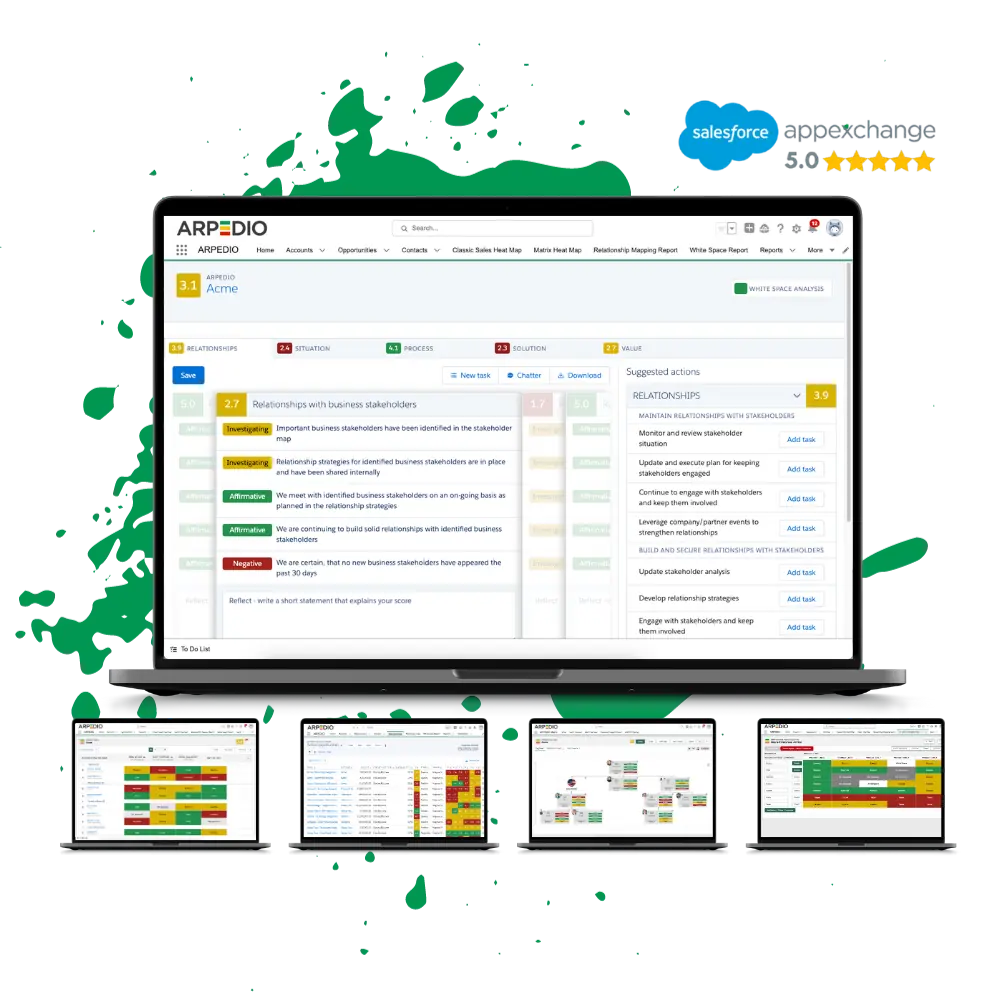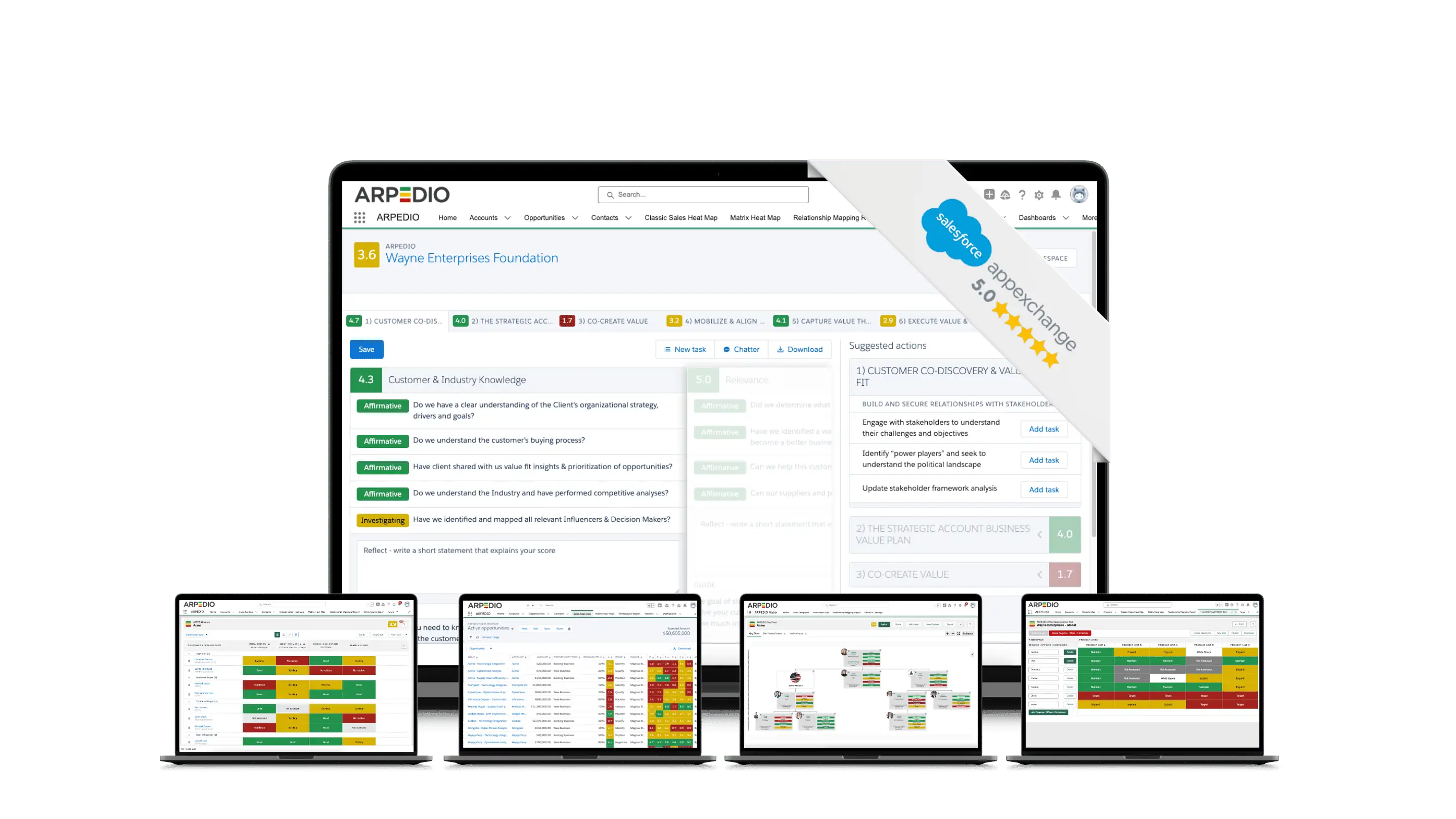Welcome to our comprehensive guide on achieving sales excellence and driving business growth. In today’s competitive business landscape, sales performance and effectiveness are crucial to the success of any organization. To stay ahead of the competition, it is essential to have a well-defined sales strategy, optimized sales tactics, and a sales team that is aligned with the business goals.
Throughout this article, we will explore various aspects of sales excellence, including sales strategy development, sales training, technology utilization, and sales performance evaluation. By understanding and implementing these key elements, businesses can optimize their sales performance, achieve sustainable growth, and position themselves as industry leaders.
Understanding Sales Excellence
In order to achieve sales excellence and drive business growth, it is crucial to have a comprehensive understanding of what sales excellence entails. Sales excellence refers to the ability to consistently achieve high sales performance and effectiveness, leading to desired business outcomes.
Sales performance is the measurement of the results achieved by the sales team and individuals. It includes metrics such as revenue generated, number of deals closed, and customer acquisition. On the other hand, sales effectiveness focuses on the strategies and tactics employed to maximize sales performance and optimize the sales process.
To excel in sales, various factors come into play. Effective sales strategies, well-defined sales processes, efficient sales funnels, and ongoing sales training are some of the key elements that contribute to sales excellence. By understanding and implementing these factors, organizations can improve their sales performance, drive revenue growth, and gain a competitive edge in the market.
Developing a Sales Strategy for Excellence
Achieving sales excellence requires a well-defined sales strategy that aligns with your business goals. A sales strategy serves as a roadmap, guiding your sales team on how to approach prospects, close deals, and drive sales growth. Without a clear strategy in place, your sales efforts may lack direction and fail to deliver desired results.
So, what elements should you consider when developing a sales strategy for excellence? Let’s explore:
1. Define Your Objectives
Start by clearly defining your sales objectives. What sales growth targets do you want to achieve? Are there specific markets or customer segments you want to focus on? Identifying these objectives will help you tailor your sales strategy accordingly and ensure everyone on your sales team is working towards a common goal.
2. Identify Your Target Market
Understanding your target market is crucial for designing a successful sales strategy. Research your target audience demographics, their needs, pain points, and buying behaviors. This knowledge will enable you to personalize your sales approach, positioning your products or services as solutions to their specific challenges.
3. Segment Your Sales Team
Segmenting your sales team based on expertise, experience, and strengths can enhance overall sales performance. Assign roles and responsibilities to individuals based on their skill sets, allowing them to leverage their strengths and contribute to the team’s success. This ensures that each member is focused on the tasks they excel at, resulting in improved sales outcomes.
4. Implement Effective Sales Processes
Developing efficient sales processes is essential for sales excellence. Outline the steps your sales team should follow, from lead generation to post-sale follow-up. By having standardized processes in place, you can streamline operations, improve efficiency, and ensure consistent customer experiences.
5. Foster Collaboration and Communication
Promote collaboration and open communication within your sales team. Encourage sharing of best practices, insights, and success stories, fostering a culture of learning and continuous improvement. By creating a supportive environment, team members can leverage each other’s expertise to overcome challenges and achieve sales excellence collectively.
6. Regularly Review and Adapt
Achieving sales excellence is an ongoing process. Regularly review your sales strategy’s effectiveness, analyze sales data, and seek feedback from both customers and your sales team. Use this information to identify areas of improvement, adapt your strategy accordingly, and stay ahead of market trends and customer needs.
By developing a well-rounded sales strategy that encompasses these key elements, you can pave the way for sales excellence and drive sustainable sales growth for your business.
Optimizing Sales Tactics for Maximum Impact
When it comes to achieving sales excellence, optimizing sales tactics is crucial. By fine-tuning and refining your approach, you can maximize sales outcomes and improve overall performance. In this section, we will explore various tactics that can be used to achieve sales optimization and drive success in your sales efforts.
An essential aspect of sales optimization is understanding your target audience and tailoring your tactics to their specific needs and preferences. By researching your customers and gaining insights into their pain points and motivations, you can develop targeted strategies that resonate with them and address their unique challenges.
One effective tactic is to use personalized communication techniques. Personalization allows you to connect with your prospects on a deeper level, demonstrating that you understand their individual needs and offering tailored solutions. By incorporating personalization into your sales messages and interactions, you can build trust and rapport, increasing the likelihood of a successful sale.
Another key tactic for sales optimization is effective objection handling. Anticipating and addressing potential objections before they arise is crucial in overcoming customer hesitations and objections. By preparing well-crafted responses and providing compelling counterarguments, you can navigate objections confidently and guide the conversation towards a positive outcome.
Visual aids and demonstrations can also be powerful sales tactics. By utilizing multimedia materials, such as videos, presentations, or interactive tools, you can engage your prospects and provide them with a clear understanding of the value your product or service offers. These visual aids aid in capturing attention, reinforcing key benefits, and increasing the likelihood of a sale.
In addition to these tactics, it is essential to continually evaluate and adjust your sales strategies based on data and feedback. Tracking key performance metrics, analyzing sales results, and seeking input from team members and customers can provide valuable insights for further optimization.
By continuously refining your sales tactics and adapting to market trends and customer preferences, you can achieve sales excellence and drive sustainable business growth.
The Role of Sales Training in Excellence
When it comes to achieving sales excellence, one key factor that cannot be overlooked is sales training. Providing comprehensive and effective training to your sales team is essential for ensuring their success and driving overall sales performance. Sales training equips your team with the knowledge, skills, and strategies they need to excel in their roles and deliver exceptional results.
Effective sales training goes beyond providing basic product knowledge. It encompasses various aspects such as understanding customer needs, effective communication techniques, objection handling, and sales closing strategies. By investing in sales training, you empower your team to navigate the challenges of the sales process confidently and effectively.
But why is sales training so crucial for achieving sales success?
- Enhanced Skills and Expertise: Sales training allows your team to develop and refine their selling skills, enabling them to engage customers more effectively and close deals successfully. Continuous training helps them stay updated with the latest sales techniques and industry trends.
- Increased Confidence: Properly trained sales professionals are more confident in their abilities. This confidence translates into better customer interactions, increased credibility, and higher chances of closing deals.
- Better Understanding of Customer Needs: Sales training helps your team develop a deep understanding of customer pain points and needs. This knowledge enables them to tailor their sales approach and deliver personalized solutions, fostering stronger customer relationships.
- Effective Communication: Training equips your sales team with effective communication skills, allowing them to build rapport, actively listen, and articulate the value of your products or services. Clear and persuasive communication helps overcome objections and build trust.
The Impact of Training Methods
There are various training methods organizations can employ to enhance sales performance. These methods may include:
- Mentoring and coaching programs to provide personalized guidance and support.
- Role-playing exercises to simulate real-life scenarios and sharpen sales skills.
- Webinars and online courses for convenient and flexible learning.
- On-the-job training to allow practical application and immediate feedback.
- Workshops and seminars to facilitate knowledge sharing and interactive learning.
By utilizing a combination of training methods tailored to your team’s needs, you can maximize the impact of sales training and drive continuous sales success.
Investing in sales training not only benefits individual sales professionals but also contributes to the overall growth and success of your organization. It empowers your team to consistently deliver exceptional results, build strong customer relationships, and drive revenue growth.
Don’t underestimate the power of sales training in achieving sales excellence.
Effective Sales Performance Evaluation
When it comes to maintaining sales excellence, evaluating sales performance plays a crucial role. By regularly assessing the performance of your sales team, you can identify strengths, weaknesses, and areas for improvement. This section explores different evaluation methods and their impact on overall sales effectiveness.
One of the commonly used evaluation methods is performance reviews. These reviews provide an opportunity to discuss individual performance, set goals, and provide constructive feedback. They help sales professionals understand where they excel and where they need to focus their efforts. Conducting regular performance reviews not only boosts motivation but also enables continuous growth and development.
Another effective evaluation method is analyzing key performance indicators (KPIs). KPIs are specific metrics that measure the success of sales strategies and activities. By tracking KPIs such as sales revenue, conversion rates, and customer satisfaction, you can gain valuable insights into the effectiveness of your sales efforts. This data-driven approach allows you to make informed decisions and course corrections, leading to improved sales performance.
Additionally, implementing customer feedback surveys and analyzing customer interactions can provide valuable insights into the performance of your sales team. By understanding customer needs, preferences, and pain points, you can align your sales strategy to deliver exceptional customer experiences and drive sales excellence.
The Impact of Sales Performance Evaluation
The evaluation of sales performance has a direct impact on the overall effectiveness of your sales team. When conducted regularly and effectively, it can:
- Identify individual and team strengths and weaknesses
- Drive continuous improvement and professional growth
- Optimize sales strategies and tactics
- Encourage accountability and goal attainment
- Enhance customer satisfaction and loyalty
In summary, evaluating sales performance is essential for maintaining sales excellence. It provides valuable insights into the effectiveness of your sales efforts, allowing you to make data-driven decisions, optimize strategies, and foster continuous growth. By implementing evaluation methods such as performance reviews, analyzing key performance indicators, and gathering customer feedback, you can ensure that your sales team is on the path of success.
Ensuring Sales Team Alignment with Business Goals
In order to achieve sales excellence, it is crucial to align your sales team with the broader business goals. When the sales team understands and works towards the same objectives as the rest of the organization, it paves the way for enhanced sales effectiveness and overall success.
So, how can you ensure that your sales team is aligned with the business goals? Here are some strategies to consider:
Create Clear Communication Channels
Establish open and transparent communication channels between the sales team and other departments within the organization. This allows for a seamless flow of information and ensures that everyone is on the same page regarding the business goals and objectives.
Provide Continuous Training and Development
Invest in ongoing training and development programs for your sales team. By equipping them with the necessary skills and knowledge, they will be better equipped to align their efforts with the broader business goals and drive sales excellence.
Set Clear Performance Expectations
Clearly define and communicate performance expectations to your sales team. Set specific sales targets and key performance indicators (KPIs) that align with the overall business goals. This helps create a sense of purpose and direction for the team, motivating them to achieve sales excellence.
Encourage Collaboration and Cross-Functional Cooperation
Promote a culture of collaboration and cross-functional cooperation within your organization. Encourage the sales team to work closely with other departments, such as marketing and customer service, to ensure a unified approach towards achieving the business goals. This alignment fosters sales effectiveness and enhances the overall customer experience.
Recognize and Reward Alignment with Business Goals
Recognize and reward individuals and teams that consistently demonstrate alignment with the business goals. Implement incentive programs and recognition initiatives that incentivize excellence in sales performance and alignment with the broader organizational objectives.
By implementing these strategies, you can ensure that your sales team is fully aligned with the business goals, driving sales effectiveness and ultimately achieving sales excellence.
Leveraging Technology for Sales Excellence
In today’s digital age, technology plays a crucial role in achieving sales excellence. By leveraging the right technological tools and solutions, businesses can optimize their sales tactics and drive overall sales performance to new heights.
One of the key benefits of technology in sales is the ability to automate repetitive tasks, allowing sales teams to focus on high-value activities and customer interactions. Automated customer relationship management (CRM) systems, for example, streamline lead management, contact tracking, and pipeline management, enabling sales professionals to efficiently manage their sales process.
But technology goes beyond automation. It also provides valuable insights and analytics that can inform sales strategies and decision-making. Sales analytics platforms can help identify trends, customer preferences, and areas for improvement, empowering businesses to make data-driven decisions that optimize sales tactics and drive better results.
The use of technology in sales optimization extends to various areas, including:
- Sales enablement platforms, such as ARPEDIO, that equip sales teams with the necessary resources, such as sales collateral, product information, and training materials, to effectively engage with customers at every stage of the buying process.
- Predictive analytics tools that leverage advanced algorithms to identify potential sales opportunities, forecast sales performance, and recommend the best actions to take to maximize revenue.
- Virtual meeting and communication tools that facilitate remote sales meetings, video conferencing, and real-time collaboration, enabling sales professionals to connect with prospects and clients regardless of geographical location.
The Key Benefits of Leveraging Technology for Sales Excellence
The adoption and integration of technology in sales operations bring several benefits that contribute to sales excellence:
- Efficiency and productivity: Technology automates time-consuming tasks, streamlines processes, and provides sales teams with the necessary tools and information to work more efficiently, enabling them to focus on building relationships and closing deals.
- Sales optimization: Technology enables businesses to gather and analyze data that drives sales strategies, ensuring that sales tactics are targeted, efficient, and aligned with customer needs and preferences.
- Improved collaboration: By facilitating seamless communication and real-time collaboration, technology breaks down geographical barriers, enabling sales teams to work together regardless of location and share knowledge and best practices.
- Enhanced customer experiences: With technology, sales professionals can personalize interactions, deliver tailored solutions, and provide faster and more accurate responses to customer inquiries, resulting in improved customer satisfaction and loyalty.
Measuring and Tracking Sales Success
Measuring and tracking sales success is an essential aspect of maintaining sales excellence. By closely monitoring key metrics and performance indicators, businesses can gain valuable insights into their sales performance and make data-driven decisions to improve outcomes.
One important metric to track is the sales conversion rate, which measures the percentage of leads or prospects that are successfully converted into paying customers. This metric allows businesses to evaluate the effectiveness of their sales strategies and identify areas for improvement.
Additionally, tracking the average deal size can provide insights into the profitability of the sales team and help identify opportunities for upselling or cross-selling. By continually monitoring and analyzing this metric, businesses can optimize their sales tactics and maximize revenue.
Another critical performance indicator to consider is the sales pipeline velocity. This metric measures the speed at which deals move through the sales pipeline, indicating the efficiency and effectiveness of the sales process. By tracking the time it takes to close deals at each stage of the pipeline, businesses can identify bottlenecks and implement strategies to streamline the sales cycle.
Furthermore, monitoring customer churn rate can provide valuable insights into customer satisfaction and loyalty. By measuring the rate at which customers are leaving, businesses can identify any potential issues or areas for improvement in their sales and customer service processes.
Investing in reliable CRM software can greatly facilitate the tracking and monitoring of these metrics. CRM systems allow businesses to centralize their customer data, track sales activities, and generate comprehensive reports and analytics. This data-driven approach enables businesses to make informed decisions, identify trends, and continually refine their sales strategies to achieve sales excellence.
Conclusion
In today’s competitive business landscape, achieving sales excellence is crucial for driving sustainable growth. Sales performance, sales effectiveness, and sales strategy play pivotal roles in achieving sales excellence. By optimizing sales tactics, providing effective sales training, and leveraging technology, businesses can enhance their sales performance and improve overall effectiveness.
A well-defined sales strategy that aligns with the organization’s goals is essential for driving sales growth. Additionally, measuring and tracking sales success through the use of relevant metrics and key performance indicators allows businesses to monitor their progress and make informed decisions to improve sales outcomes.
Furthermore, sales optimization and continuous training programs help sales teams stay ahead of the competition by honing their skills and adapting to market dynamics. Sales excellence not only leads to increased revenue and customer satisfaction but also ensures the long-term success and sustainability of businesses.
To achieve sales excellence, organizations must prioritize investing in their sales teams, providing them with the necessary tools, resources, and training. By fostering a culture of continuous improvement and strategic alignment, businesses can position themselves for success in today’s challenging market.

